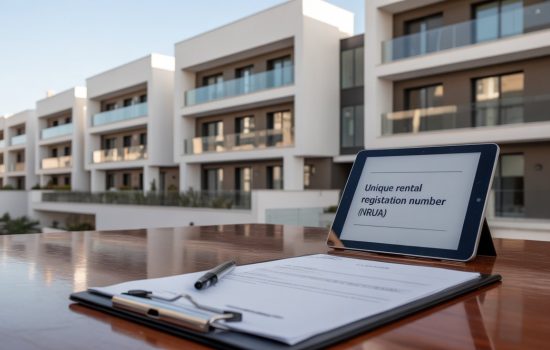
Spain continues to be a top destination for international retirees, thanks to its Mediterranean lifestyle, warm climate, and high quality of life. But before packing your bags, there are a few important legal and financial considerations to keep in mind, especially related to visas, taxation, and access to healthcare.
Whether you’re from the UK, the US, or any non-EU country, here’s a clear and up-to-date guide to help you retire in Spain legally and with peace of mind.
1. Visa Options for Retirees
If you’re not an EU/EEA or Swiss citizen, you’ll need a visa to retire in Spain. The most suitable option is the non-Lucrative Visa.
✔️ Non-Lucrative Visa (NLV)
This visa allows you to reside in Spain without working, making it ideal for retirees who have independent income or savings.
Key requirements include:
- Proof of sufficient financial means (around €2,400/month for the main applicant)
- Private health insurance valid in Spain
- A clean criminal record
- Medical certificate
- Application must be made from your home country
Once approved, you’ll receive a residence permit valid for 1 year, which can be renewed for 2 years at a time. After 5 years, you can apply for long-term residence status.
-
- EU/EEA and Swiss nationals do not need a visa but must register with local authorities and prove sufficient income and health insurance.
2. Taxes: Residency and Fiscal Obligations
Understanding your tax status is crucial. Whether you’re taxed only on Spanish income or your worldwide income depends on your tax residency.
Resident vs. Non-Resident:
- You become a tax resident if you spend more than 183 days/year in Spain or if your main economic interests are based there.
- As a resident, you must declare and pay tax on your global income.
- As a non-resident, you only pay tax on Spanish-sourced income, such as rental income or property sales.
Key Taxes for Retirees:
- Income Tax (IRPF): Progressive rates for residents (ranging from approx. 19% to 47%, depending on the region).
- Non-Resident Income Tax (IRNR): A flat rate (generally 24%) on income from Spanish sources.
- Wealth Tax: Applies to worldwide assets above certain thresholds.
- Inheritance & Gift Tax: Varies by region.
- Property Tax (IBI): Annual municipal tax if you own a home.
Spain has Double Taxation Agreements with many countries (including the UK and US) to avoid being taxed twice on the same income.
3. Healthcare Access in Spain
Spain offers excellent public and private healthcare. However, access for foreign retirees depends on your residency status.
Public Healthcare:
- EU citizens can initially use their EHIC/GHIC cards, but must register in the Spanish system for long-term coverage.
- Non-EU retirees (under the NLV) must hold private health insurance for at least the first year.
- Once registered as a long-term resident (after 5 years), you may become eligible to join the public healthcare system, depending on your region.
Private Healthcare:
- Widely available, affordable, and often faster than the public system.
- Required for most visas and useful as a supplementary option.
Final Tips Before You Move
- Make sure your documents (birth certificates, marriage certificates, etc.) are apostilled and translated into Spanish as required by Spanish immigration law.
- Consider fiscal planning before your move to optimize taxes and avoid surprises. A professional roadmap can help you structure pensions, real estate, and assets wisely.
- Speak to a trusted legal advisor before signing property or residency contracts.
How Fuster & Associates Can Help
With over 25 years of experience assisting international clients, our team at Fuster & Associates can guide you through every step of retiring in Spain:
- Applying for your Non-Lucrative Visa or EU Registration
- Tax planning tailored to your personal situation
- Property purchase with full legal protection (the Fuster Standard)
- Healthcare registration and insurance support
Learn more at fuster-associates.com or contact us for a private consultation.
Ready to retire in Spain? We’ll make the legal and tax side easy — so you can focus on enjoying your new life under the sun.
We want to help you navigate all the legal complexities that comes to buying or selling a house in Spain, but this article is legal information and should not be seen as legal advice.
- View more post about: Fuster & Associates





